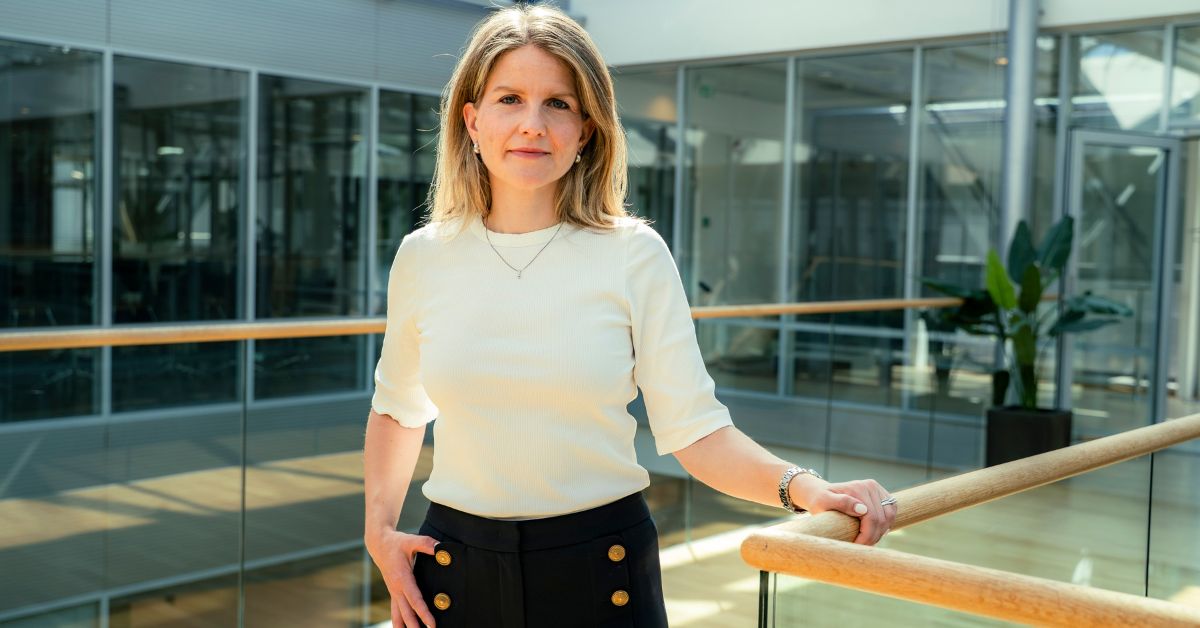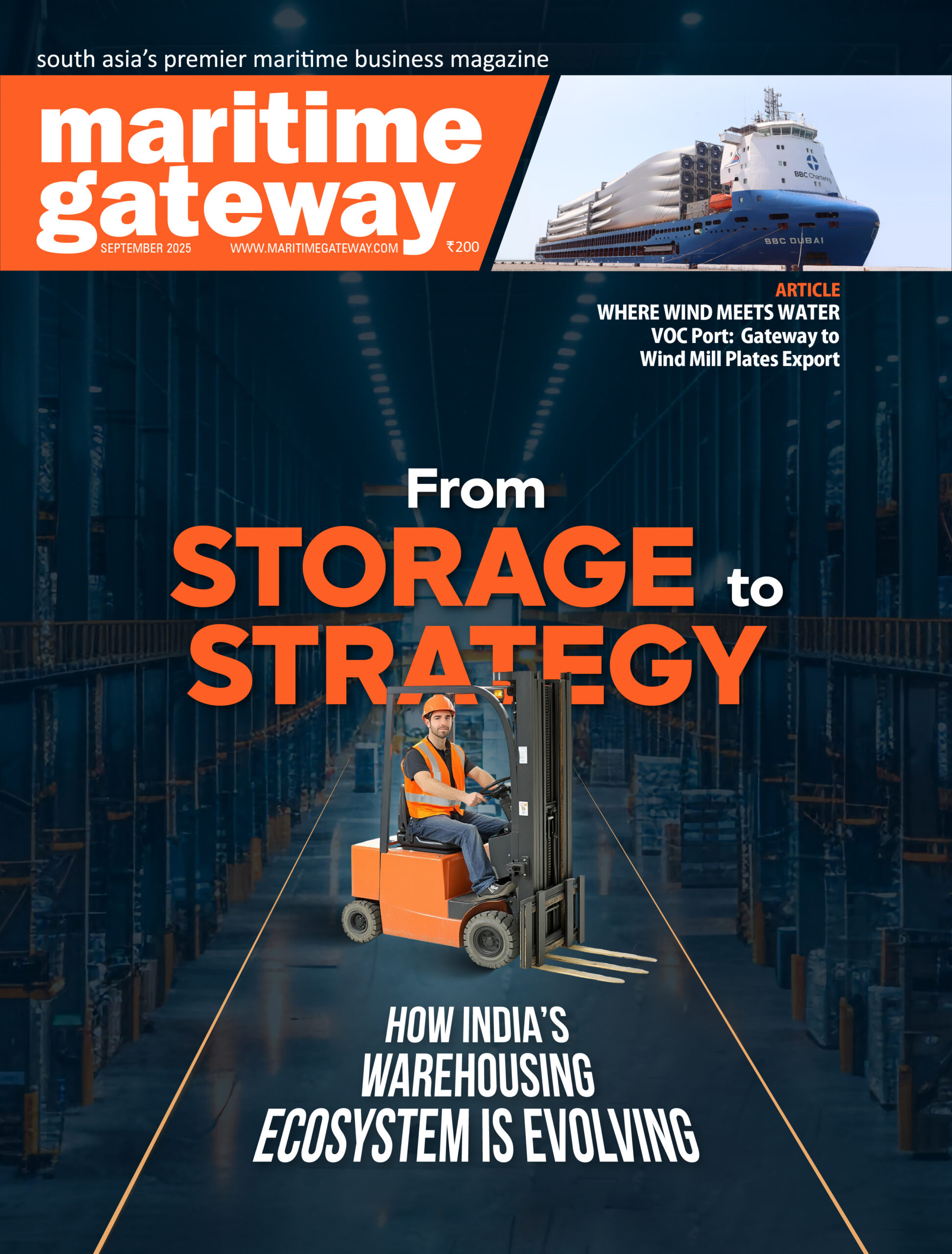As the maritime sector confronts talent shortages and an aging workforce, the question arises: how can the industry attract the next generation of professionals? In this engaging conversation, Ingrid Kylstad, Managing Director, Klaveness Digital, Torvald Klaveness —an experienced leader in global shipping—shares insights on visibility, innovation, work culture, and the need for inclusive leadership to make the maritime world a compelling career destination for Gen Z and beyond.
Ingrid, what factors do you think are driving the declining interest among young people in maritime careers?
I believe the industry suffers from a visibility problem. Unless someone has a family connection to shipping, they rarely know how it works or how vital it is. We usually only make headlines when something goes wrong—like a grounding or a crisis like the Suez Canal blockage. That doesn’t project an attractive image.
Also, many still associate shipping solely with life at sea. That narrows perceptions about what a career in maritime could actually offer.
What should the industry do to make itself more appealing to young professionals?
We need to proactively engage with universities and business schools. There are so many fascinating challenges in shipping that would make great case studies or dissertations. Companies should be more open to partnering with academia and welcoming student interest.
Additionally, we need to communicate the breadth of career opportunities in shipping—beyond engineering or deck operations. Think of data analytics, digital transformation, sustainability, strategy—there’s a role for every skillset.
With younger generations so focused on technology, can digital innovation help attract them to the maritime sector?
Absolutely. In fact, it’s not just a way to attract talent—it’s essential. No one wants to join a company that’s stuck in the past. Tech-savvy infrastructure, AI tools, and digital platforms are now baseline expectations for graduates.
Many young professionals also care deeply about impact. They want to contribute to sustainability and decarbonization—and technology plays a huge role there. Companies must show how they’re using innovation to create a greener, smarter shipping industry.
What about workplace culture? Are there generational expectations shipping companies need to adapt to?
Yes, definitely. Flexibility is key. Working in an international sector means time zones don’t align neatly. We expect staff to be adaptable, but we also need to offer flexibility in return. Leading by objectives rather than micromanagement, and fostering environments where young voices are genuinely heard, is critical.
Today’s talent expects to be part of the conversation early on—they don’t want to wait 10 years to be taken seriously. Reverse mentoring, like we practice at Klaveness, pairs senior leaders with younger team members. It fosters mutual learning and energizes both sides.
Internships and industry immersion programs—how important are they in attracting young talent?
They’re hugely important. We offer internships in our Singapore and Oslo offices and have seen strong results. It builds visibility with universities and helps demystify the industry for students. That said, we also need to broaden our intern pool. Traditionally, we focused on engineering or business backgrounds. Going forward, we must include technologists, ESG specialists, and others.
Are there any standout government-led initiatives you’ve seen that promote shipping among youth?
Singapore’s Maritime and Port Authority (MPA) is a great example. They actively promote maritime careers and support structured internships. Such models show how government and industry can collaborate effectively. Universities must also align their academic programs to integrate real-world industry exposure.
What concerns or hesitations do young people express about maritime careers?
Work-life balance is a recurring theme. It’s not about avoiding hard work—it’s about having flexibility and agency. Young professionals want autonomy and purpose. They care about contributing meaningfully and want their perspectives to be heard early on.
Also, international work environments can be thrilling, but companies must acknowledge the demands and reciprocate with trust-based, outcome-driven work cultures.
And what about gender diversity? Are women entering the maritime workforce in equal numbers?
Unfortunately, no. The majority of applicants are still men. Many maritime roles are technical or commercially driven—fields that already attract more men. We must actively communicate the diverse skillsets shipping requires: intercultural competence, strategic thinking, people skills—qualities equally applicable to men and women.
It’s also about retention. Too many women leave before reaching leadership levels. If you’re the minority in a set business culture, it’s easy to feel excluded. That’s why we must look at everything from how we word job ads to how we do business—making it inclusive for everyone.
Finally, what message would you give to young people considering a career in shipping?
Shipping is one of the most dynamic industries you can work in. You wake up to news that directly affects your business—be it geopolitics, trade policy, or energy markets. It’s truly global, fast-paced, and deeply impactful.
And the career options are far broader than people think—from strategy and ESG to data science and innovation. If you’re curious about how the world works, shipping will inspire you. It’s not just about vessels—it’s about people, ideas, and shaping the future.









